To Medicate or Not to Medicate: Parents share the pros and cons of neurodiverse children using medication (for ASD, ADHD, Anxiety)
Learn about Medicating and Neurodiversity!
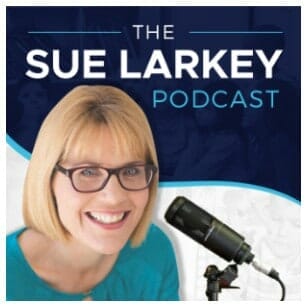
**************************************
Join me for an upcoming Workshop:
Can't make these Workshop dates? Join me for a self-paced on-demand course:
Sue Larkey On-Demand Workshops
**************************************
I am not a Dr or Specialist, but as a teacher/educator, it is important we understand different medications.
In this Podcast on Medicating and Neurodiversity:
✅ Parents share their experiences of trialling medication for Neurodiverse children, including ASD, ADHD, Anxiety
✅ What to do if your partner doesn’t want your child taking medication
✅ What are the pros and cons to weigh up when trialling medication
✅ When to change or stop the medication
✅ Sue’s Top Tips from her best selling book “The Ultimate Guide to School & Home” pg 129 – 130
Medication! This is always such a hard topic for EVERYONE. So I asked my Facebook community to share their actual experiences of medication; asking what medication, what worked and it long it took to work. I know this is a HARD topic but would love people to share and support others. As a teacher I have seen both the positives and negatives for kids and how it tricky it is to find the right medication for each child.
shared experiences FROM MY WONDERFUL FACEBOOK COMMUNITY about Medicating and Neurodiversity

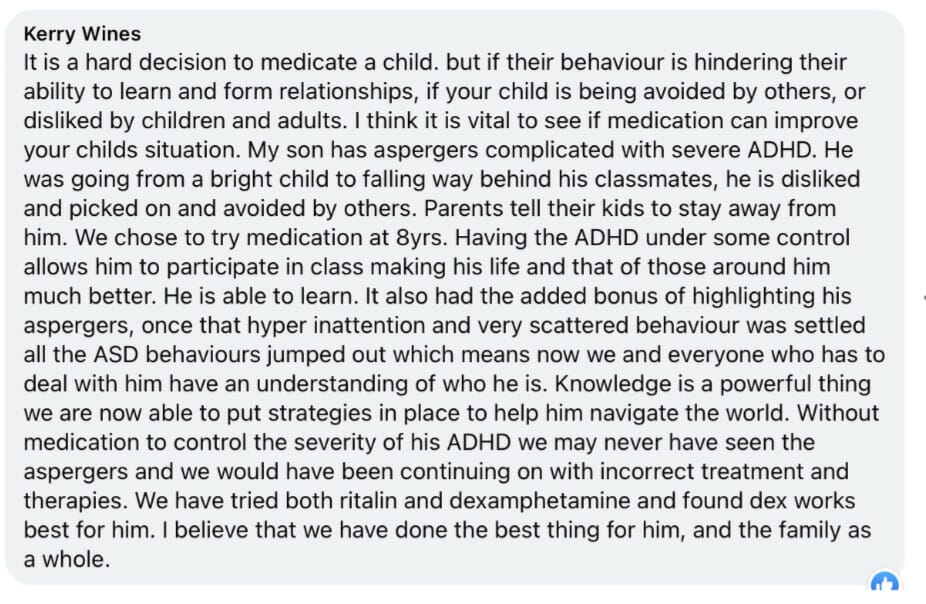

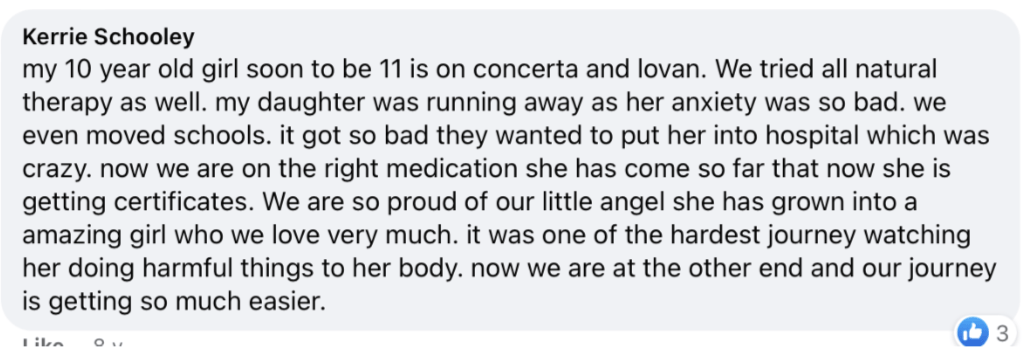

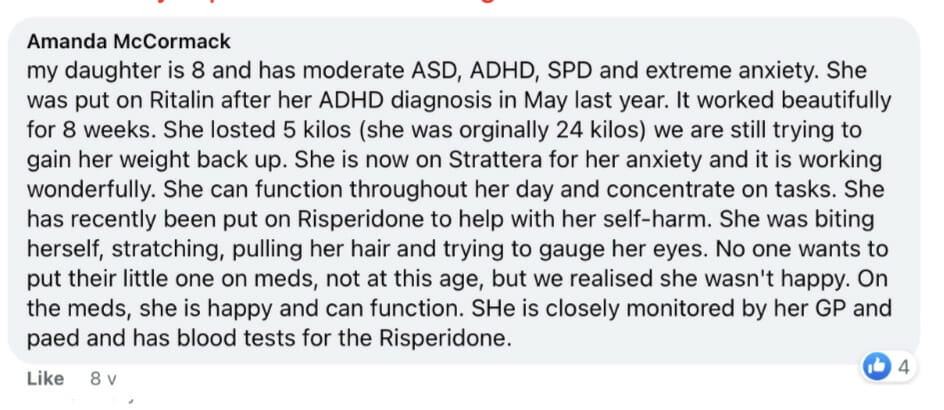

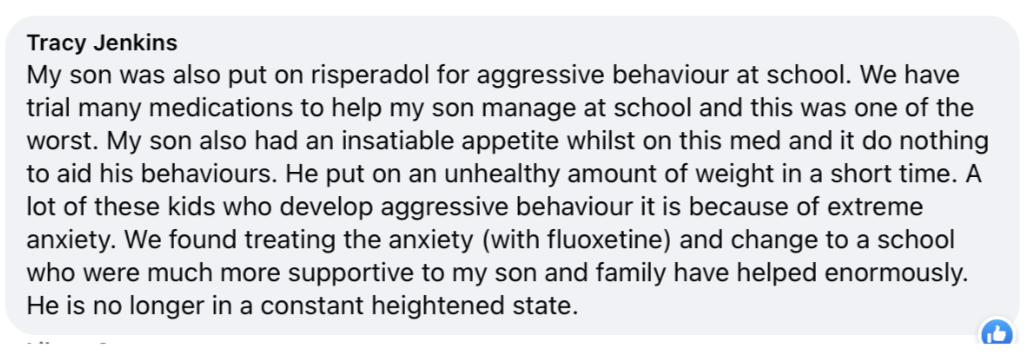
further information on the parents who kindly share their experiences in this podcast
Naomi Bryce from Wagga Wagga NSW. Mother of Campbell 15 yrs and Gabrielle 13 yrs. Primary Teaching for 21 years, most recently in the areas of K-2. This year taking on a new adventure teaching a newly established Autism class within her school.
Nicki Powell is a parent and educator. She now helps other parent/carers navigate NDIS, Transition and a range of other supports. More info; https://www.nickipowell.com.au/
Chris O’Leary is a fellow parent and over the past 14 years, she has raised her children and step-children (now adolescents) who have a diagnosis of autism and ADHD, supporting them with their social challenges. She first discovered PEERS® when her son asked for help with learning social skills and they completed the PEERS® course, with Chris as his social skills coach. More info; Socialskillsaustralia.com.au
Looking for more practical tips and ideas? Best Selling Book with over 500 Strategies for School and Home
The Ultimate Guide to School and Home
| by Sue Larkey and Anna Tullemans | This book provides key strategies for all ages and stages. It offers over 500 practical strategies and timer savers for school and home from engaging disengaged students, what to do if you don’t have a teacher assistant to considerations for setting up a classroom for teachers; and from developing friends, to moving house and choosing a school for families. It is the ultimate guide for teachers, parents and all professionals supporting children with autism spectrum disorder, including Aspergers, ADD, ADHD, ODD and other developmental delays.
Content pages below.
$44.95
11 in stock


Are you?
- Passing on a student with Neurodiversity to another educator next year
- Do you know a student who will be changing teachers, classrooms, or school settings in 2026
- Planning your staff, classes for 2026
Now is the time to prepare for 2026.
By joining my course, you will get the knowledge, skills and strategies to set yourself and your students up for success in 2026.
If there's even a remote possibility of having a child with Neurodiversity in your classroom next year, join me to prepare now.
Training in the first term often presents challenges:
- Don't want a day out for training when setting up class at the start of the year.
- Students with neurodiversity may start off dysregulated because the necessary structures and strategies are not yet in place.
- Educators find themselves playing catch-up while addressing 'behaviours'.
- Many educators feel overwhelmed.
UNDERSTANDING AuDHD: Teaching & Supporting Students with Autism and ADHD Co-occurrence
✅ 2 Hours, 8 Lessons
✅ 6 Weeks to Complete 🎁 Bonus 6 Months Access (available until 28 Oct 25)
✅ Certificate of Completion
✅ Lesson Transcripts
 2 Hours
2 Hours

$149

Books Authored by Sue Larkey
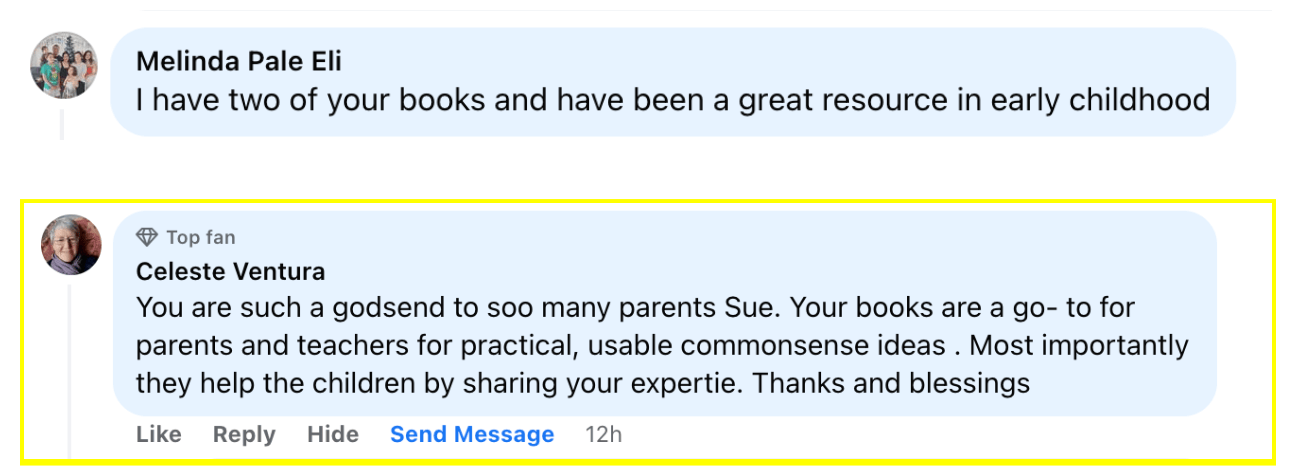

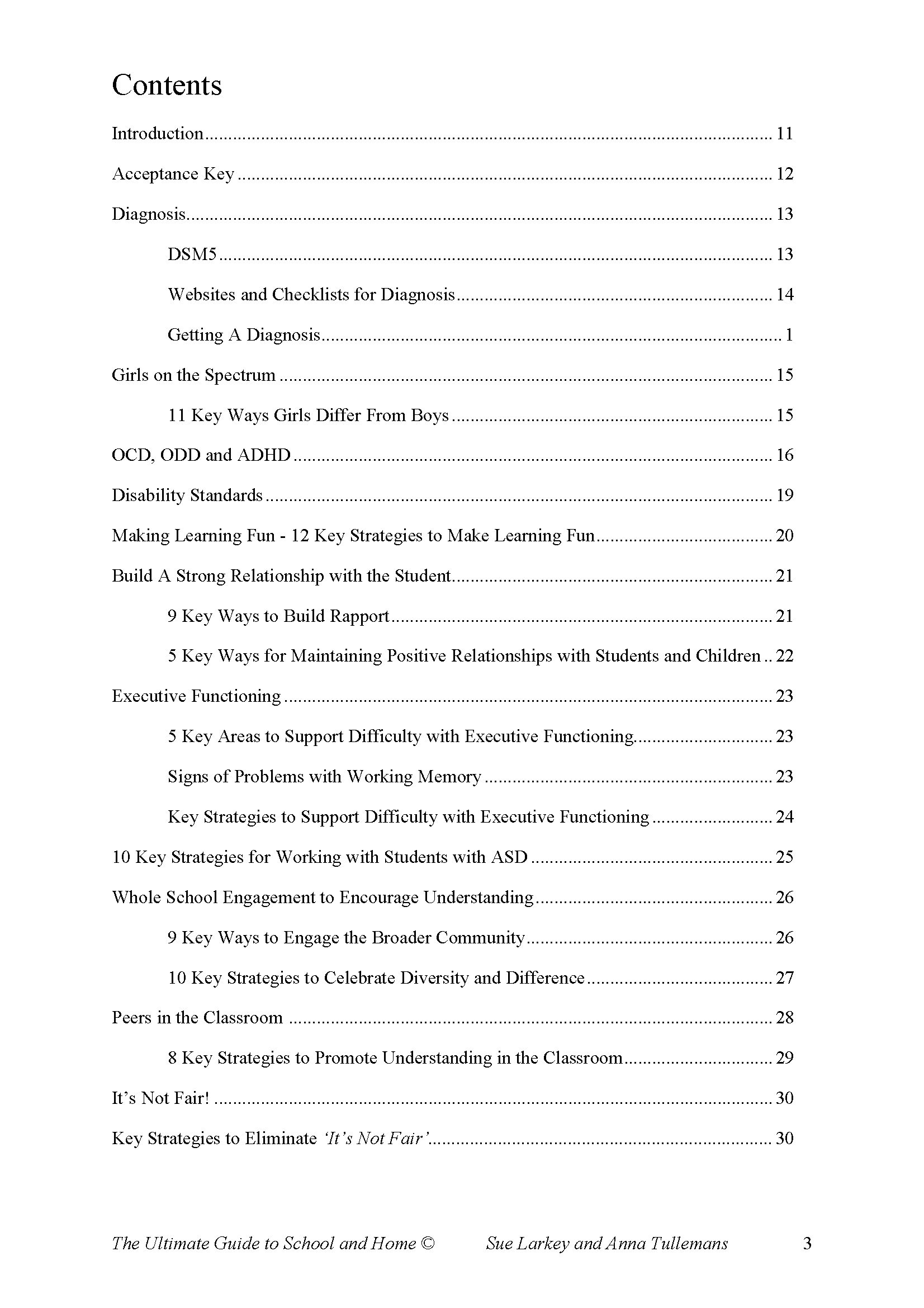
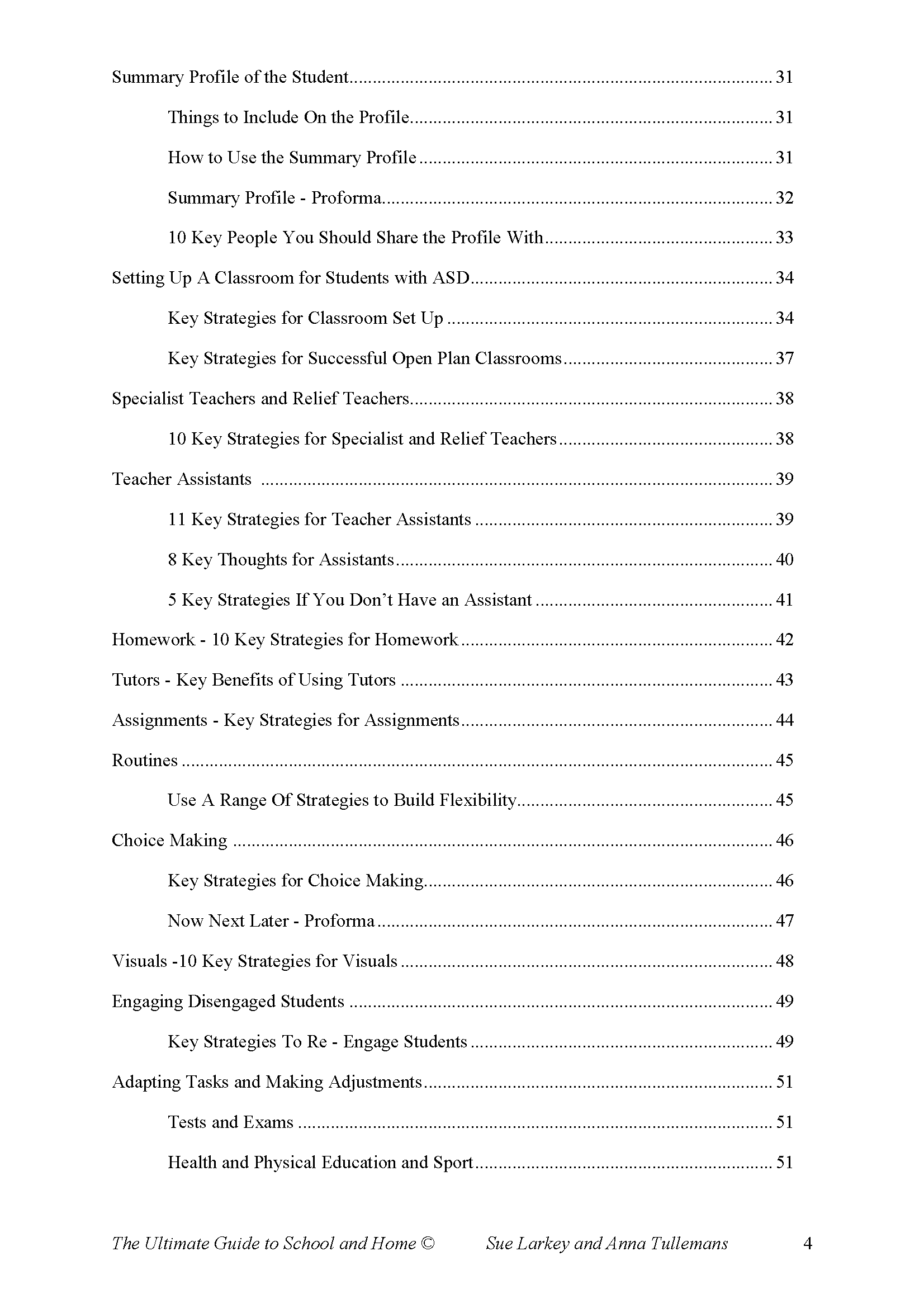
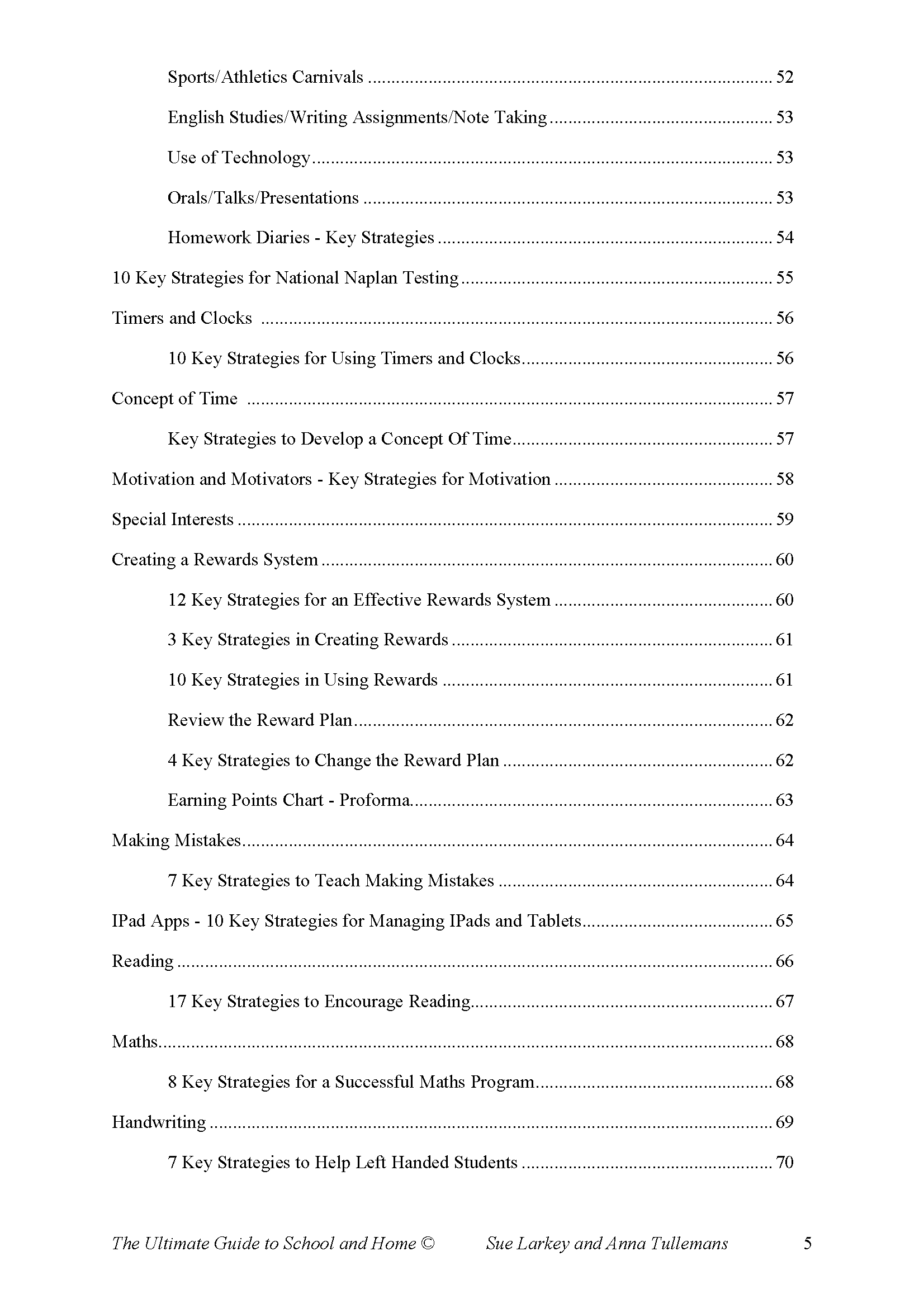
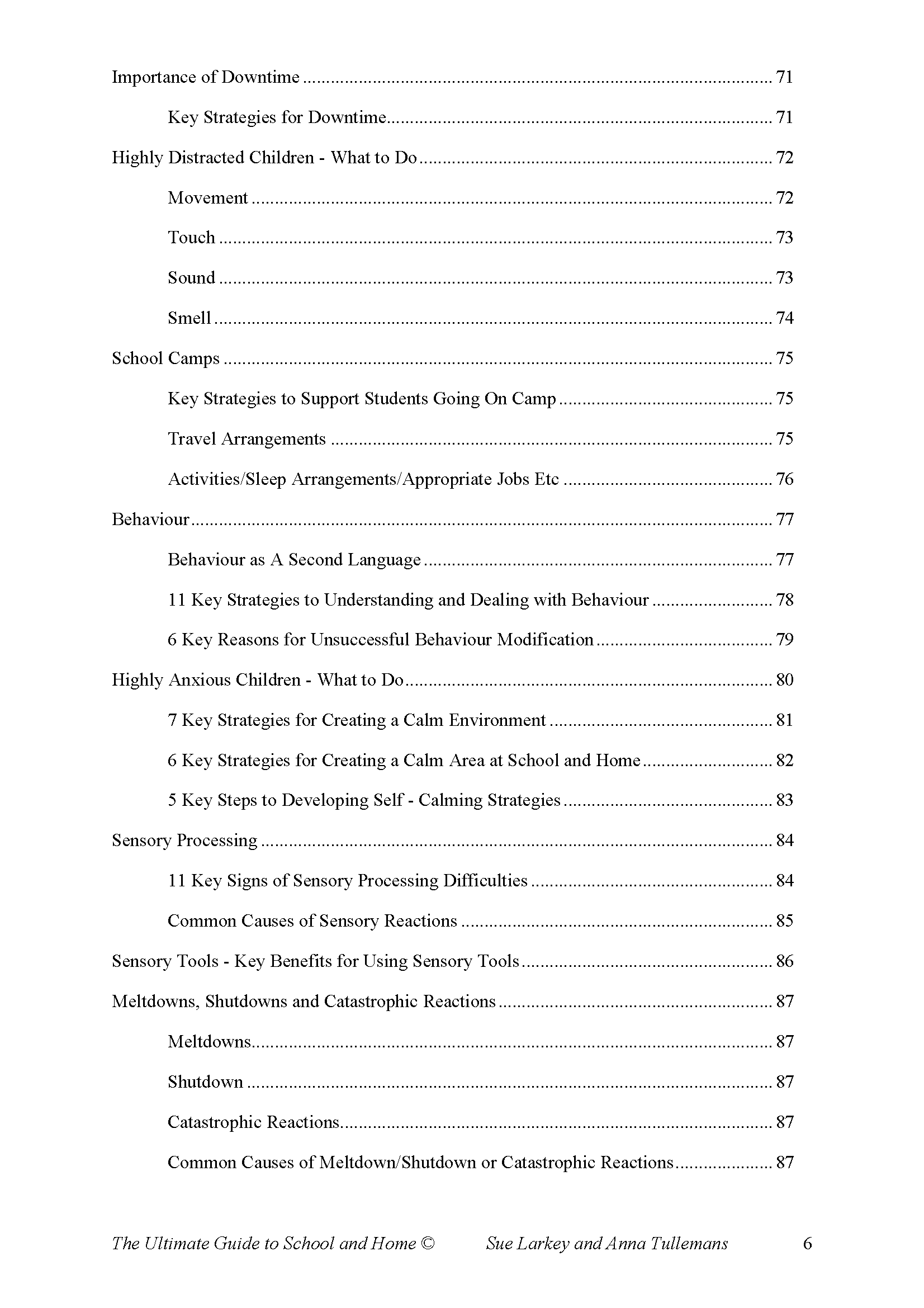
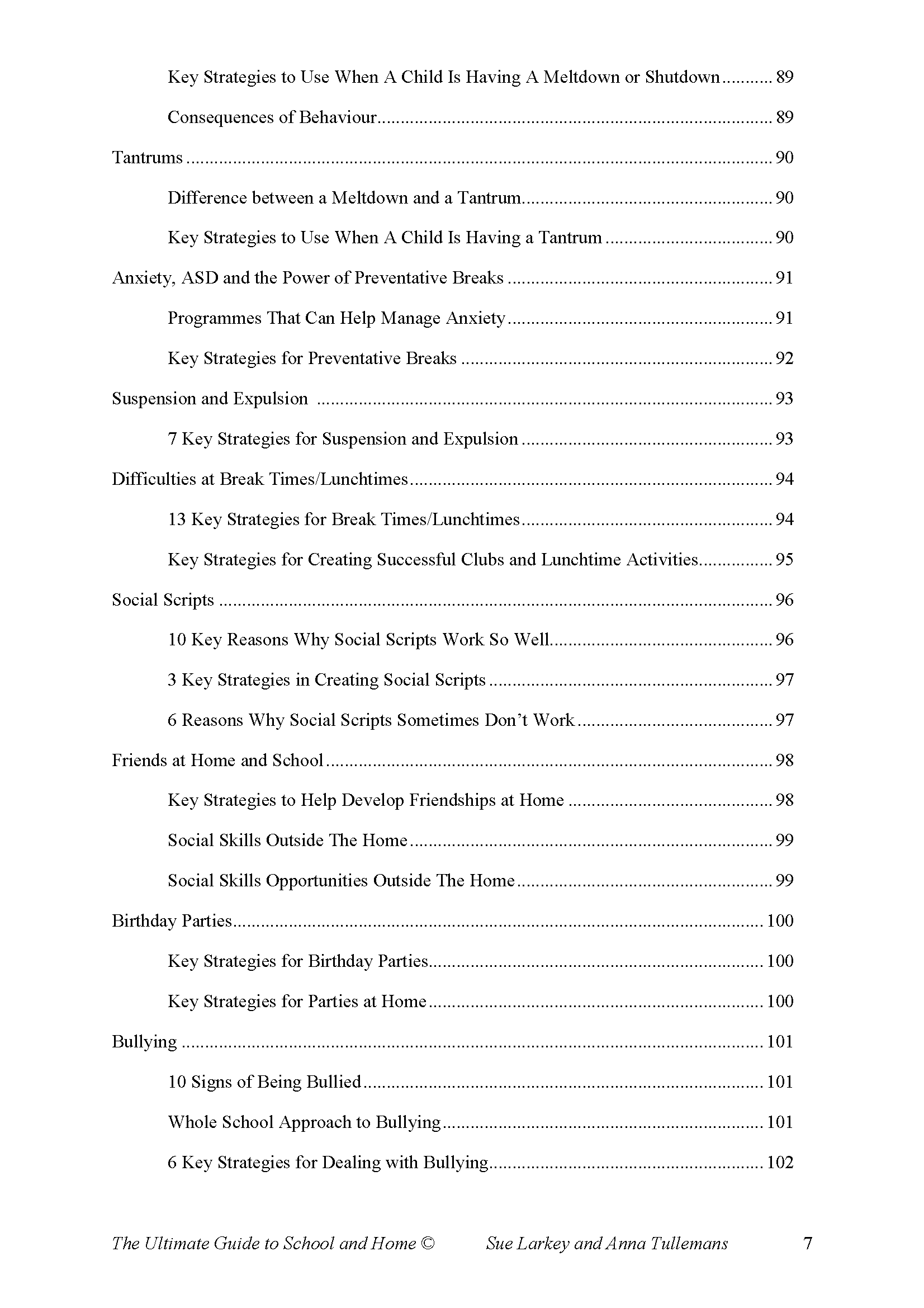

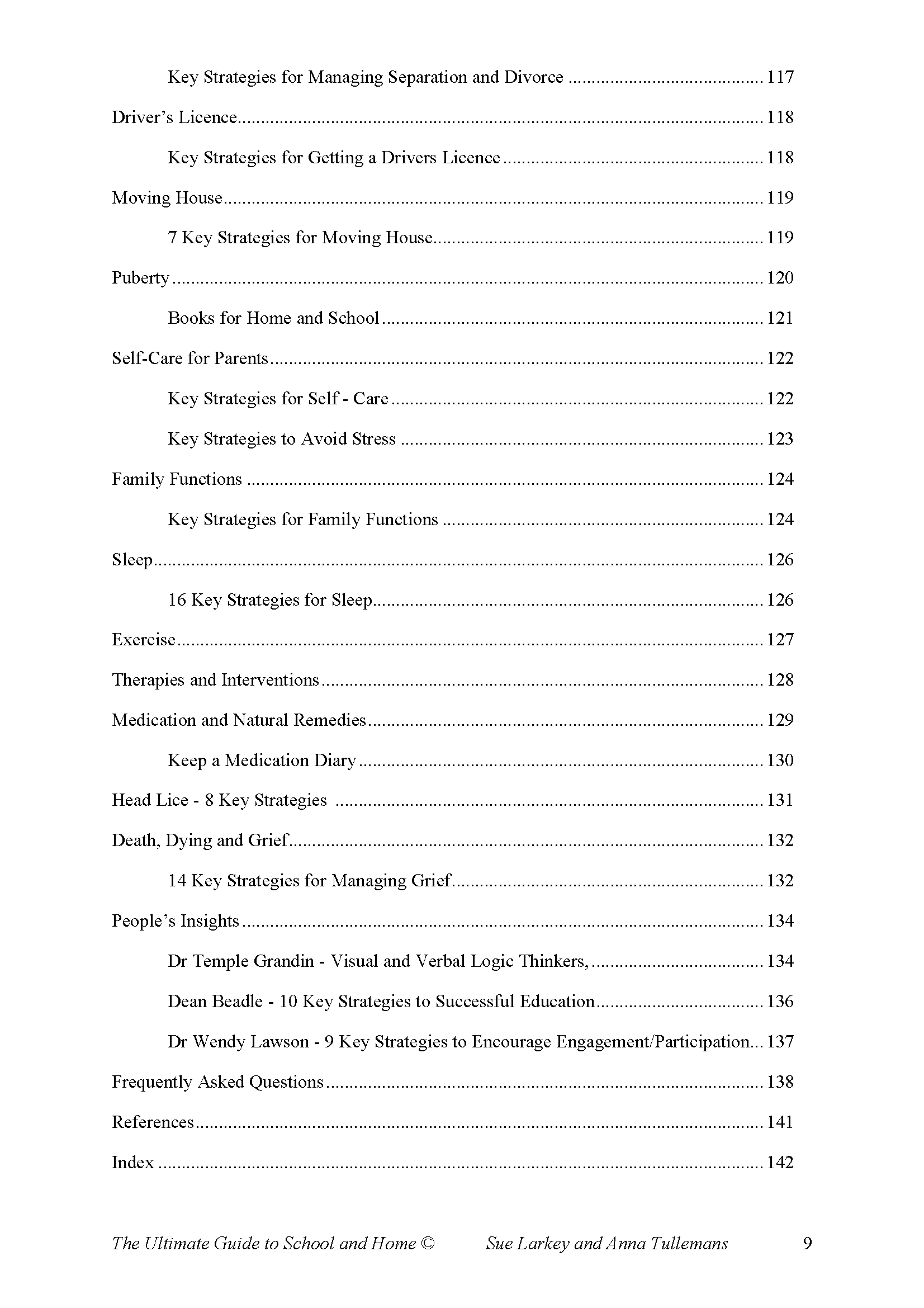
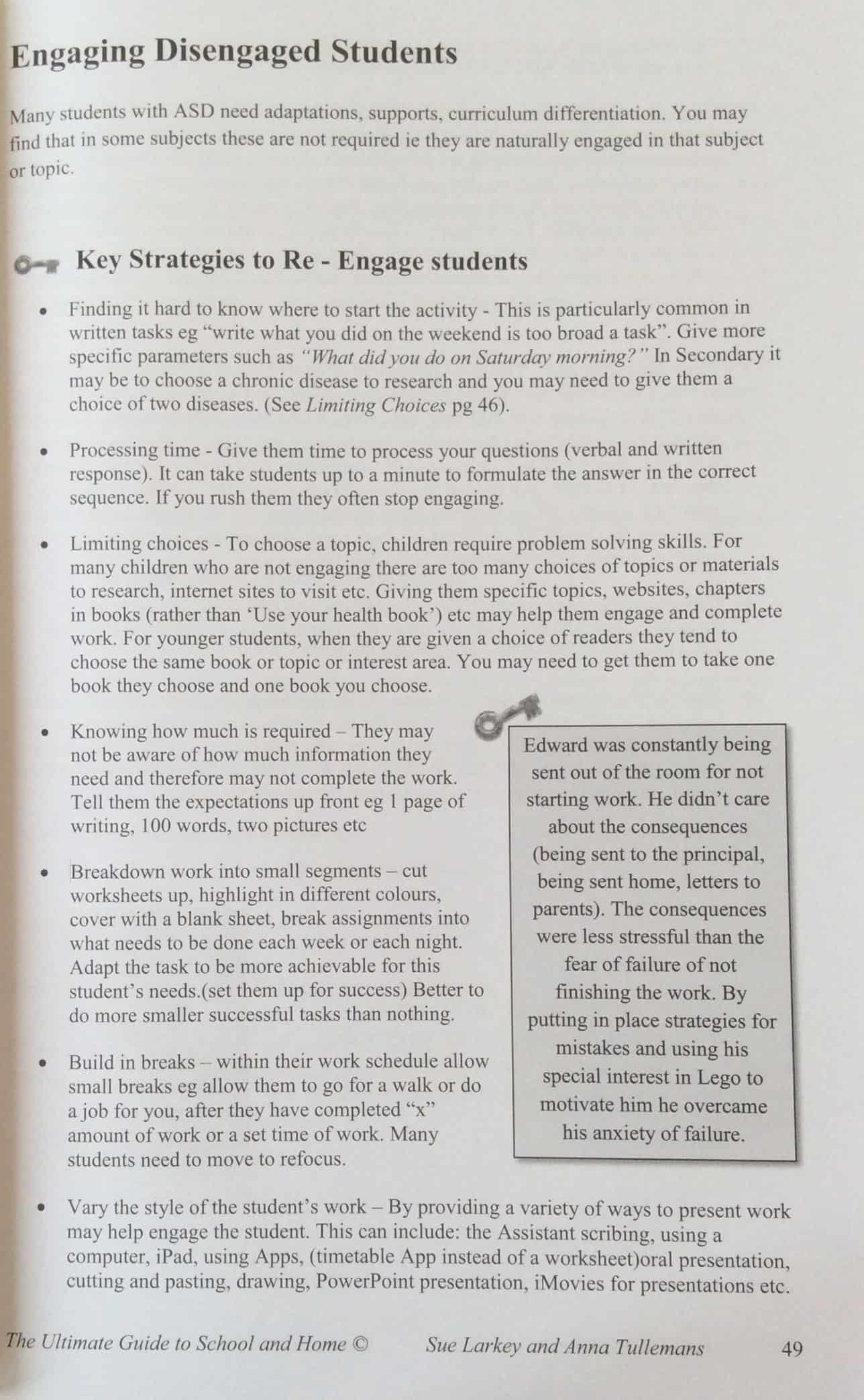
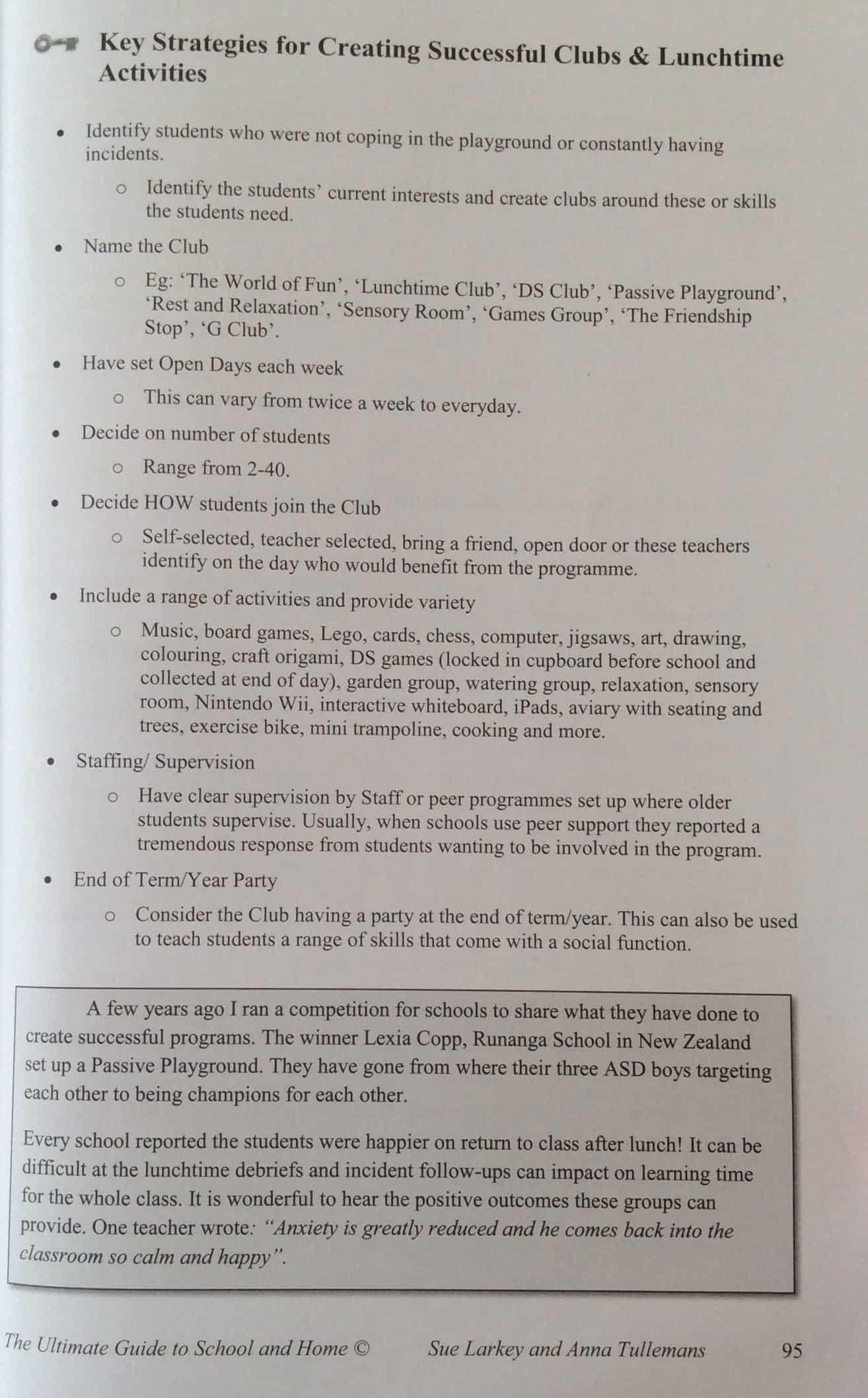

 2 Hours
2 Hours
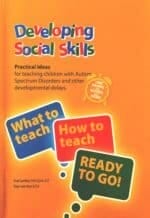



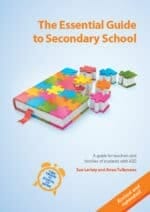
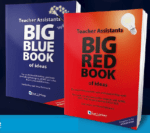
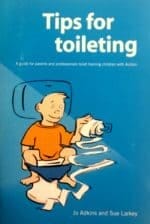
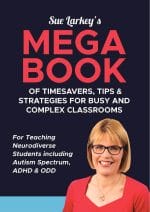
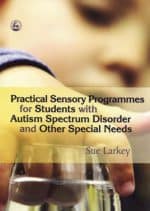
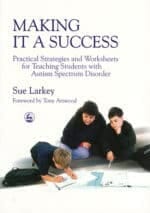
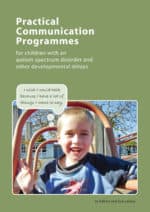

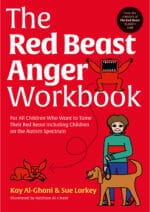

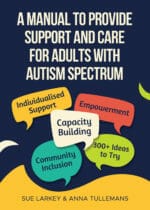
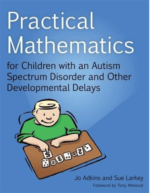

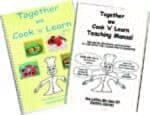
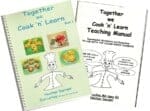


 Sorry we no longer ship items outside Australia. Please consider the digital versions of Sue’s Books –
Sorry we no longer ship items outside Australia. Please consider the digital versions of Sue’s Books – 